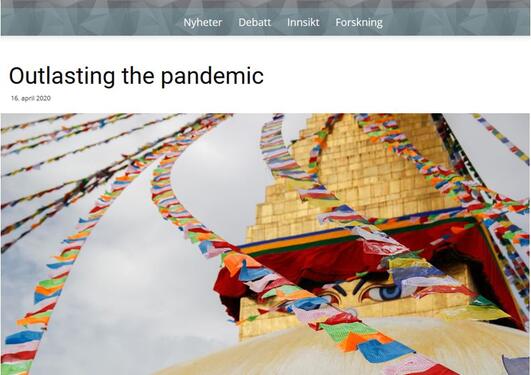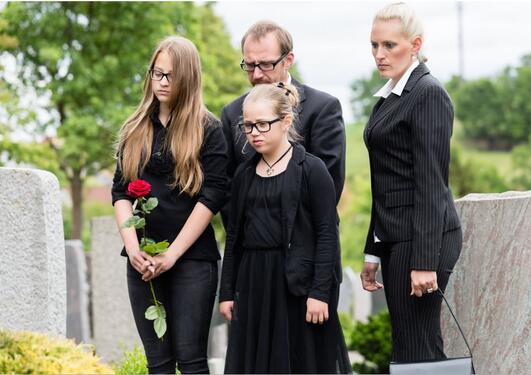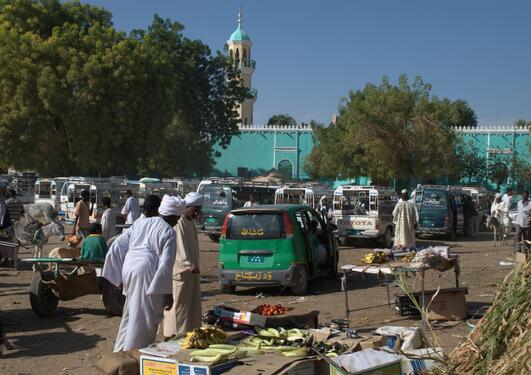News archive for Centre for Crisis Psychology
The social needs of people are almost in line with the needs of food and drink. We are totally dependent on human contact. Young people maybe more than others.
These days, we must constantly adapt to new situations and new ways to interact. We humans are adaptable and in many cases, we will do just fine. However, in some situations it will require more of us.
For the poorest countries and refugees, preventive measures will be very challenging, and a large number of people around the world will experience increasing psychological consequences of the pandemic.
What can ease fear and pondering when we are flooded by information about dangers and risks we cannot influence much?
This mixed-methods study focuses on how late radiation tissue injury (LRTI) influences the quality of life (QOL) and psychosocial health of pelvic cancer survivors before, during, and after hyperbaric oxygen treatment (HBOT).
Climate change is expected to occur more frequently and more extremely in years to come. The purpose of Tuva Emilie's project was to investigate the psychological effects of climate change and to gain insight into how the population understands a crisis situation, how they experience the situation has been handled by the authorities, who is affected, and how to cope with the situation.
Pages
- February 2024 (3)
- January 2024 (1)
- August 2023 (1)
- June 2023 (1)
- January 2023 (1)
- September 2022 (1)
- March 2022 (2)
- August 2021 (2)
- June 2021 (1)
- December 2020 (2)
- November 2020 (1)
- August 2020 (2)
- May 2020 (1)
- April 2020 (1)
- March 2020 (3)
- November 2018 (1)
- August 2018 (1)






